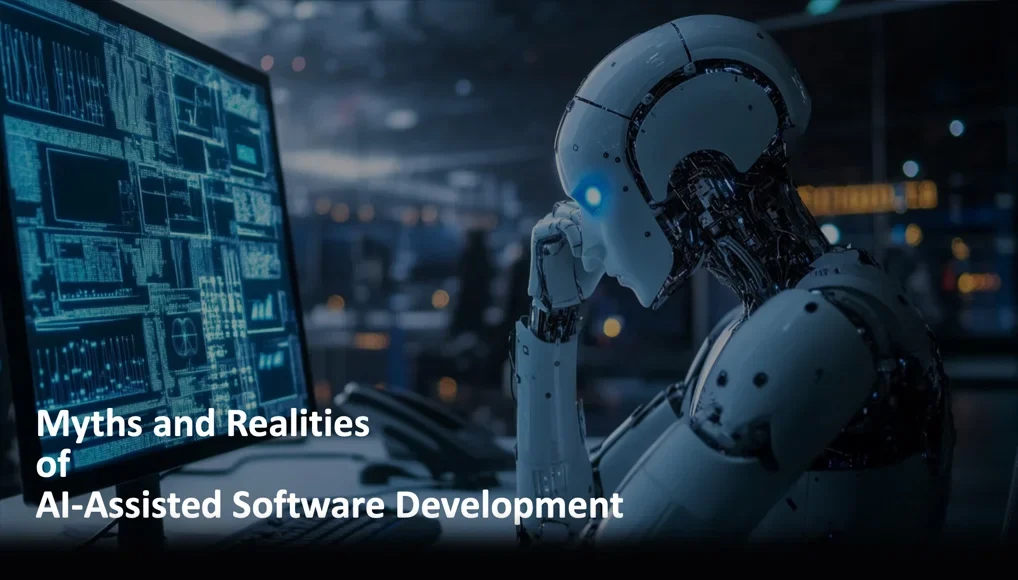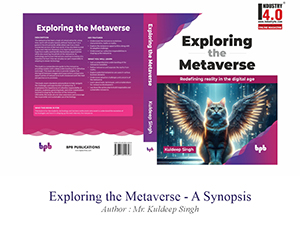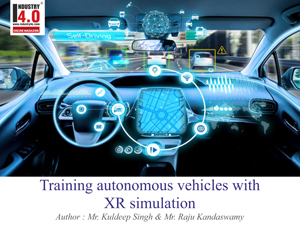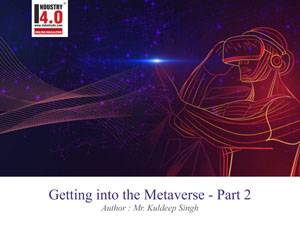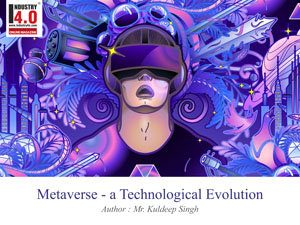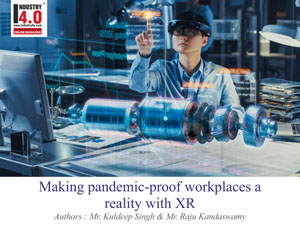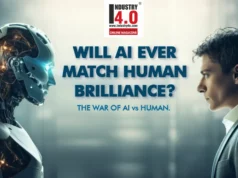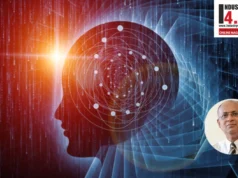Myths and Realities of AI-Assisted Software Development
AI is transforming the software development process, but there are many misconceptions about its capabilities. This article explores the common myths surrounding AI in software development and sheds light on its reality.
In recent times, Artificial Intelligence (AI) has gained momentum across various fields, especially with the introduction of Generative AI (GenAI). AI is now widely accessible, often sparking discussions about its potential, its misuse, and, unfortunately, several myths. As the hype around AI intensifies, so does the Fear of Missing Out (FOMO), leading many to adopt it without fully understanding its true value.
Software development, like many industries, has evolved over time and now faces the integration of AI into its processes, practices, and standards. At Thoughtworks, we are scaling AI-assisted software development, equipping teams with practical insights. Here are my personal takeaways and lessons from practicing AI-assisted software development:
Myth 1: AI will replace software development teams
❌ A prevalent misconception is that AI will eliminate the need for developers, business analysts, quality analysts, experience designers, and other related roles. Many fear losing their jobs to AI.
✅ Reality: AI is far from replacing human intelligence. The idea of achieving Artificial General Intelligence (AGI) or superintelligence is still largely speculative. While AI will not replace humans, those who embrace and effectively use AI will outpace those who don’t. AI should be viewed as a powerful assistant. It can help with tasks like writing business specifications from meeting notes, fast-tracking user stories, and even generating code. However, human oversight is crucial to ensure the quality and appropriateness of the output.
 Yes, there are tools that allow users to create web dashboards or mobile apps from textual prompts, but this does not negate the need for developers. Developers are still essential for guiding AI, refining its output, and, importantly, creating the platforms that AI relies on.
Yes, there are tools that allow users to create web dashboards or mobile apps from textual prompts, but this does not negate the need for developers. Developers are still essential for guiding AI, refining its output, and, importantly, creating the platforms that AI relies on.
Myth 2: AI can handle all software development tasks
❌ Another myth is that since AI can code, it can handle the bulk of software development.
✅ Reality: Coding constitutes less than half of the entire software development process. While AI may speed up coding (by around 30–50%), it may solve about 50–60% of development challenges. AI assists not just in coding but also in writing user stories, acceptance criteria, and more. However, the process still requires human input for tasks such as requirement agreements, evolutionary architectural design, refactoring, testing driven development and quality assurance.
In my experience, tools like GitHub Co-pilot Chat are incredibly useful. For instance, Co-pilot can generate a method to calculate the total price of an order or suggest test cases in less than a second.
/* Calculate order total price. */
public Double calculateTotalPrice(final Order order) {
return order.getLineItems().stream()
.mapToDouble(lineItem -> lineItem.getProduct().getPrice() * lineItem.getQuantity())
.sum();
}
There are some great tools Tabnine, Cursor, CodeSense that can provide better experience, but developers must ensure that the generated code meets security, performance, and coding standards. AI can assist, but it doesn’t replace critical development practices like Test-Driven Development (TDD) or refactoring, but these practices need to evolve.
Myth 3: AI-generated software is future-proof
❌ Some believe that AI-generated software will be more advanced and better equipped for the future than one built with traditional methods.
✅ Reality: AI is trained on historical data, meaning it replicates both the good and bad patterns of the past. AI-generated artifacts still require validation and must pass through quality gates. While AI can assist in creating solutions, human oversight remains essential to ensure innovation and to avoid issues like AI “inbreeding,” where AI begins learning from its own outputs, potentially leading to hallucinations and suboptimal results. AI is built on historical knowledge and must be guided to innovate effectively.
Myth 4: AI-assisted software development is just about learning tools
❌ There’s a myth that mastering AI-assisted software development simply means learning AI tools.
✅ Reality: AI-assisted development represents a paradigm shift. It’s not just about using tools but also about adapting how we think and communicate with AI. Since AI tools rely heavily on natural language inputs, developers must refine their ability to write concise, clear, and expressive natural language prompts to get the desired outcome from AI. They need to be the great storyteller before a programmer.
Another key area is defining success metrics. Traditional productivity measures may no longer apply in the AI-assisted world. Teams need to clarify which tasks AI can handle and where human effort is still needed.
Myth 5: “Prompt Engineering” will become a job role
❌ With the rise of GenAI, some predicted that “prompt engineering” would become a dedicated job role.
✅ Reality: While prompt engineering is a valuable skill, it’s unlikely to become a standalone career. User interfaces and tools will continue to evolve, simplifying the process of interacting with AI, just as no one has a career solely based on searching Google. The more familiar you are with a tool, the better you become at using it effectively. Similarly, prompting is about practice. As AI tools improve, prompting will become second nature.
In conclusion, AI-assisted software development is not about replacing developers/makers but empowering them to work more efficiently. It’s important to understand that AI is a tool to assist, not a magic solution that can do everything. As we continue to integrate AI into software development, the focus will be on finding the right balance between human ingenuity and AI efficiency.
About the Author :

Mr. Kuldeep Singh
Engineering Director
ThoughtWorks
Kuldeep Singh is a seasoned technology professional with a rich background spanning nearly two decades, where he has consistently demonstrated expertise in various roles. His journey has encompassed diverse positions, from a software developer and enterprise architect to an engineering director, practice head, and technical product manager. Currently associated with Thoughtworks, he has also significantly contributed to Nagarro and Quark Media House during his illustrious career.
In the tech industry, Kuldeep stands out as a trailblazer, playing a pivotal role in pioneering Centers of Excellence for emerging technologies like IoT, AR/VR, and Web3. His leadership extends to overseeing complex data projects in estimations, forecasting, and optimization, designing highly scalable, cloud-native, and microservices-based architectures. He emphasizes bringing technology to the core of the business and advocates for development practices such as CI/CD, Test-Driven Development (TDD), and eXtreme Programming (XP). His extensive experience spans diverse domains, including manufacturing, aviation, education, retail, telecom, healthcare, commodity trading, and more.
Beyond his technical roles, Kuldeep is a prolific writer and speaker, actively sharing insights on technology, leadership, and motivation. His extensive portfolio includes over 100 articles, some of which have gained recognition in esteemed publications such as Economics Times, Tech.de, industry4o.com, Analytics India and Thoughtworks Insights
Academically, Kuldeep holds a B. Tech. in Computer Engineering from NIT, Kurukshetra. His commitment to knowledge includes active involvement in events, mentoring and judging initiatives, and volunteering for ideations, hackathons, and nonprofit causes, collaborating with organizations like NASSCOM, Meta, Ministry of Electronics and Information Technology (MeitY) — Government of India, Smart India Hackathon, Digital India, FICCI, AICTE, IEEE, The VRARA, Metaverse India Policy and Standards (MIPS), and academic institutions like IIT, NITs, and other universities across India. He is also engaged with World Metaverse Council, Responsible Metaverse Alliance, and others to collectively build and share the community by open source.
With a passion for empowering others and a steadfast commitment to innovation, Kuldeep stands as a thought leader in the ever-evolving landscape of technology.
Mr. Kuldeep has built his career empowering businesses with the Tech@Core approach. He has incubated IoT and AR/VR Centres of Excellence with a strong focus on building development practices such as CICD, TDD, automation testing and XP around new technologies.
Mr. Kuldeep has developed innovative solutions that impact effectiveness and efficiency across domains, right from manufacturing to aviation, commodity trading and more. Mr. Kuldeep also invests time into evangelizing concepts like connected worker, installation assistant, remote expert, indoor positioning and digital twin, using smart glasses, IoT, blockchain and ARVR technologies within the CXO circles.
Mr. Kuldeep has led several complex data projects in estimations, forecasting and optimization and has also designed highly scalable, cloud-native and microservices based architectures.
Mr. Kuldeep is currently associated with ThoughtWorks, as a Engineering Director and Head of XR Practice in India. He has worked with Nagarro as a Director of Technology.
Mr. Kuldeep holds a B.Tech (Hons) in Computer Science and Engineering from National Institute of Technology, Kurukshetra. Mr. Kuldeep also spends his time as a speaker, mentor, juror and guest lecturer at various technology events, and x-member of The VRAR Association. Mr. Kuldeep is also mentor at social communities such as Dream Mentor, tealfeed.com and PeriFerry
Mr. Kuldeep is Accorded with the following Honors & Awards :
https://www.linkedin.com/in/ku
Mr. Kuldeep is Bestowed with the following Licences & Certifications :
https://www.linkedin.com/in/ku
Mr. Kuldeep is Volunteering in the following International Industry Associations & Institutions :
https://www.linkedin.com/in/ku
Mr. Kuldeep can be Contacted at:
E-Mail : [email protected] / [email protected]
Linkedin : https://www.linkedin.com/in/ku
Twitter : https://twitter.com/thinkuldee
Facebook : https://www.facebook.com/kulde
Instagram : https://www.instagram.com/acco
Blog : https://medium.com/xrpractices
Personal Website : https://thinkuldeep.com/
Company Website : https://www.thoughtworks.com/p
Github : https://github.com/thinkuldeep
Also read Mr. Kuldeep’s earlier articles :

